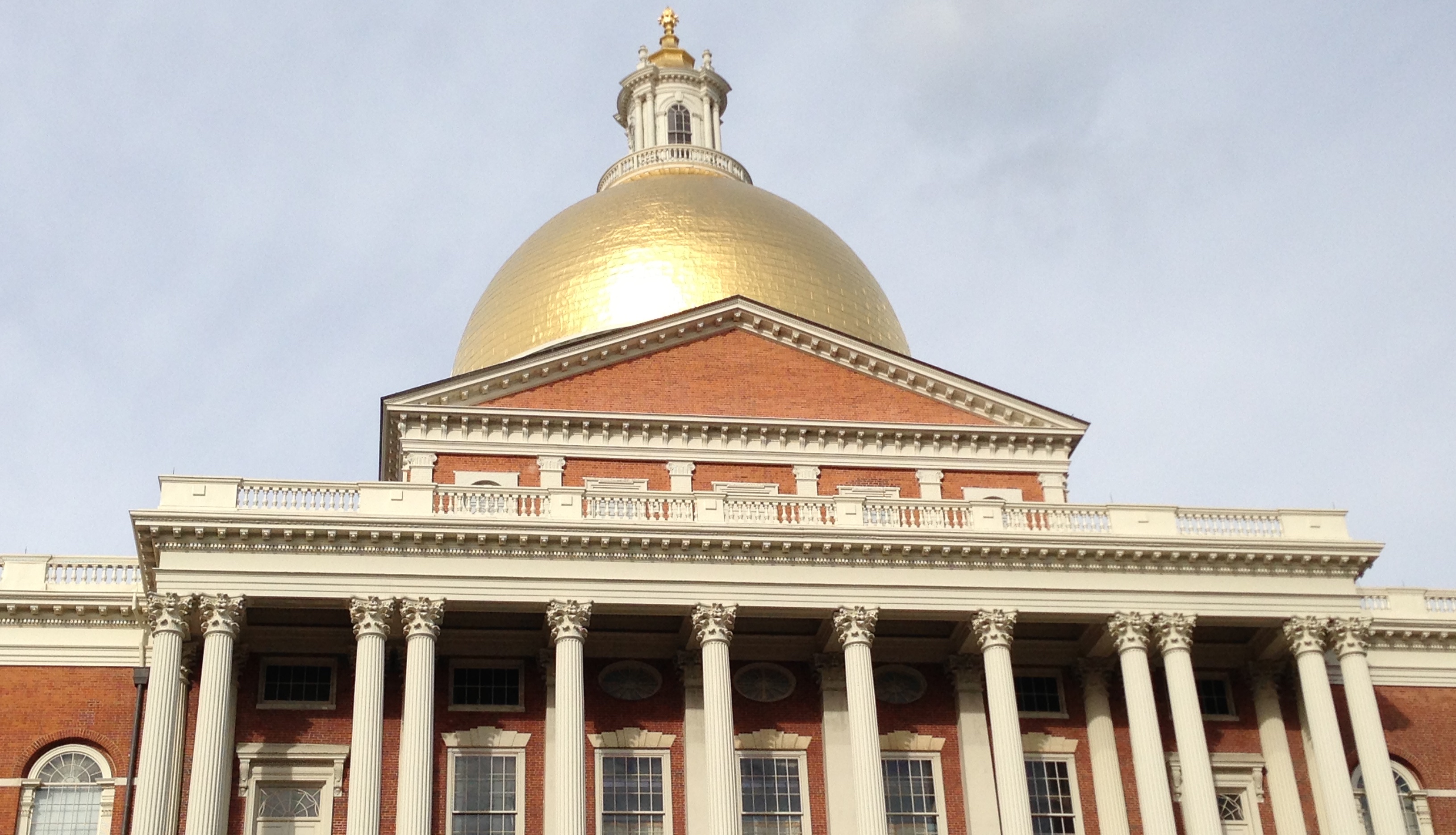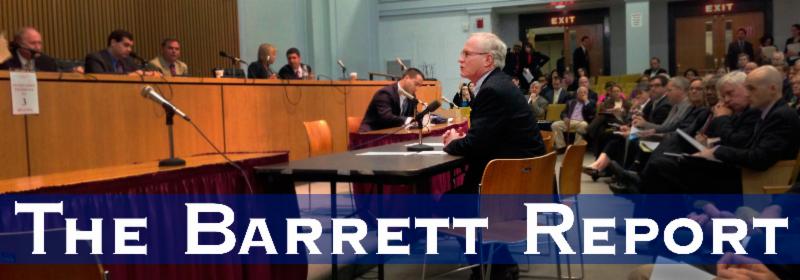Bedford Citizen
Senator Barrett described campaigning as “a lot of fun, because typically you’re meeting a lot of people”, but observed that due to the pandemic he’d mostly be campaigning by phone, which is “not as satisfying” because “I love going door to door.”
He’s not having trouble staying busy, though, because he’s leading the Senate side of a conference committee that is trying to harmonize the two very different climate bills that passed in the Massachusetts House and the Senate. “It’s taking all my time.” Working out a compromise when the bills are so different, he said, isn’t the usual split-the-difference process, but “trading apples for oranges”, which he finds far more difficult to negotiate. “I’d have been hard-pressed to do both. If I’d had a serious race, I don’t know how I’d have juggled it.”
If he were running against an opponent, Barrett told us, he would keep the focus on climate change, and try to make the election “a referendum on progressive climate policy”
Read More Here —>



